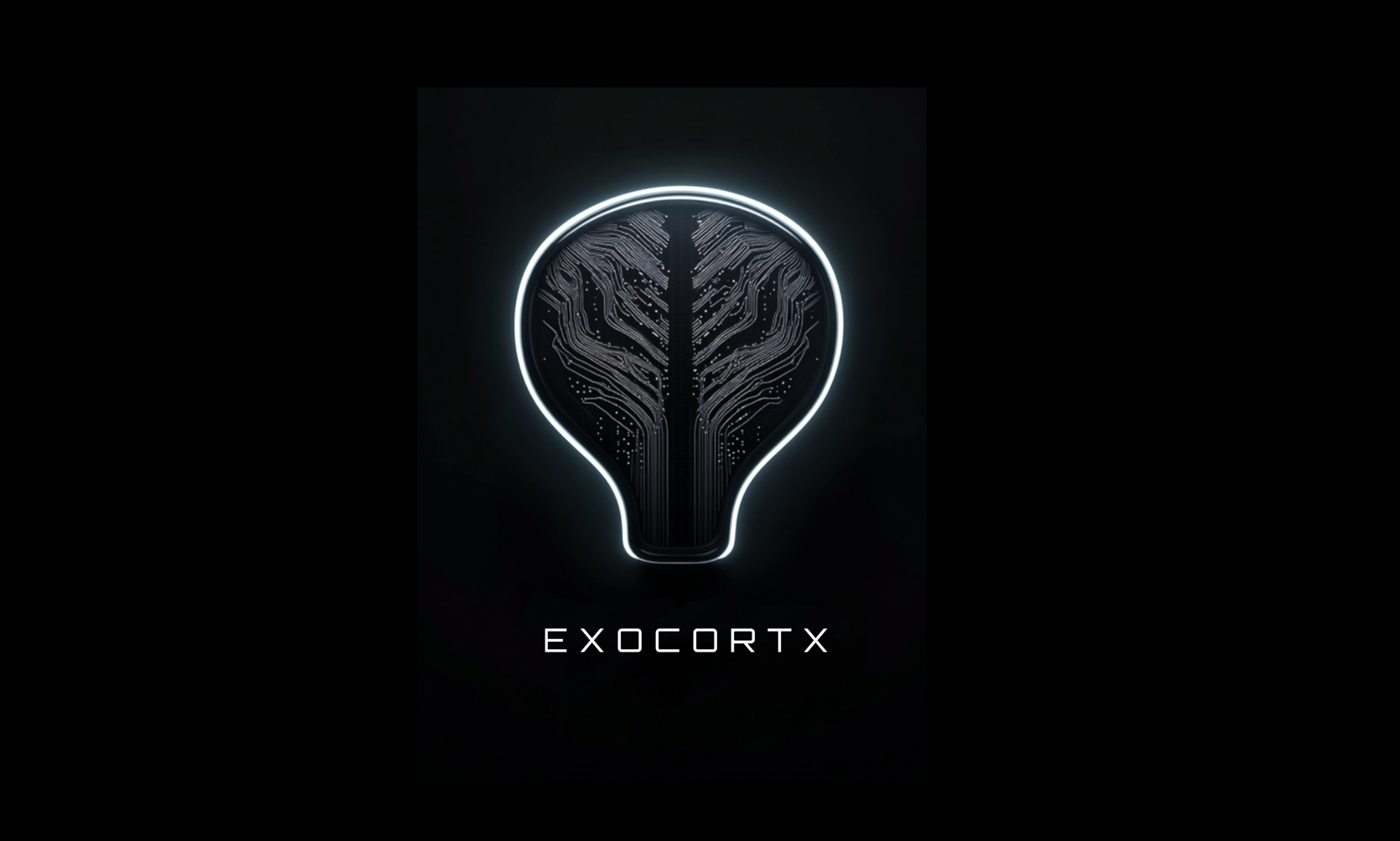GAPS: Generative Assistive Prediction System
A Living Framework for Probabilistic Foresight & Interactive Futures

What is GAPS?
GAPS is a next-generation platform and methodology for scenario-based forecasting in the era of exponential change. By combining state-of-the-art generative AI, rigorous probabilistic modeling, and interactive user experience, GAPS transforms the way we explore, communicate, and shape possible futures—moving beyond static predictions into a living, participatory narrative ecosystem.
The Problem
Acceleration
Humanity faces rapidly compounding changes in AI, biotech, and society, outpacing traditional linear forecasting.
Siloed Understanding
Current futures work is fragmented between experts, storytellers, and the public—limiting collective insight.
Static Futures
Most publications or reports end with their last page, while the future keeps evolving.
The GAPS Solution
Generative AI
LLM-powered scenario generation, weaving together trends, evidence, and expert logic.
Probabilistic Foresight
Each scenario comes with transparent, data-driven probability estimates and cascading consequences.
Interactive Narrative
GAPS bridges book, platform, and community. Readers can fork, extend, or personalize scenarios online.
Living Book Model
The book launches as a retrospective and demonstration, but becomes a gateway—its story continues dynamically on the web.
Key Features
Online GAPS Platform
Visual scenario composer, probability explorer, personal journals, and AI-powered narrative studio.
- Drag-and-drop scenario building
- Real-time probability updates
- Collaborative editing tools
Evidence-Based
Integrates user uploads, real-world news, and expert data for live scenario updating.
- Real-time data ingestion
- Expert knowledge integration
- Source attribution and tracking
Transparent & Auditable
All model logic, assumptions, and sources are visible and modifiable.
- Open source methodology
- Assumption tracking
- Probability provenance
Community Layer
Users can share, remix, and co-author plausible futures; the collective map grows over time.
- Scenario sharing and forking
- Community competitions
- Collective intelligence insights
Technical Architecture
GAPS AI Model
Event & Scenario Generation
LLM-driven generation of plausible future events, with timeframes and causal links.
Probability Assignment
Uses log-probabilities, Bayesian networks, and user-tunable assumptions.
Continuous Updating
Real-time ingestion of evidence, triggering scenario tree updates.
Explainability
All probabilities traceable to data, assumptions, and source attributions.
Frontend Application
Scenario Composer
Drag-and-drop branching, probability sliders, assumption management.
Narrative Studio
AI-augmented prose editor, persona selection, export tools.
Personal Journal
Ongoing user workspace; versioning, forking, and collaborative features.
Impact & Applications
Personalized Foresight
Users explore futures that matter most to them, adjust parameters, add evidence, and view alternate outcomes through personal scenario journals.
Research & Policy
Supports systematic mapping of future possibilities for think tanks, policymakers, and academic researchers with transparent, auditable scenarios.
Collective Intelligence
Community-driven repository of scenario explorations, surfacing new opportunities and risks before they become mainstream.
Roadmap
Phase 1: Launch
Complete MVP of GAPS Engine & Platform. Launch "Living Book" with first set of scenarios and GAPS walkthroughs.
Phase 2: Community
Expand evidence ingestion, user journals, and scenario library. Begin community competitions and collaborative creation.
Phase 3: Scale
Full open API, third-party plugins, advanced analytics. White-label and enterprise deployments.
Join the Narrative
The future is not a fixed path but a living, branching narrative. GAPS offers a new way to think, explore, and write that narrative—together. Are you ready to help shape the next chapter?